News
-
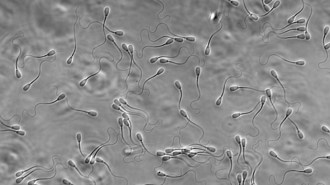 Health & Medicine
Health & MedicineCooperative sperm outrun loners in the mating race
Sperm that swim in clusters travel more directly toward the uterus, while overcoming fluid currents in the reproductive tract.
-
 Neuroscience
NeuroscienceWhy traumatic brain injuries raise the risk of a second, worse hit
Recent hits to Miami Dolphins quarterback Tua Tagovailoa have reignited discussions of brain safety for professional football players. Brain experts weigh in.
-
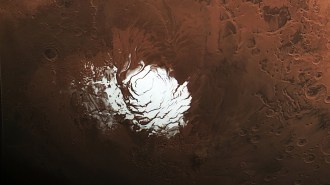 Planetary Science
Planetary ScienceMars’ buried ‘lake’ might just be layers of ice and rock
Evidence grows that possible detections of liquid water buried near Mars’ south pole might not hold water.
-
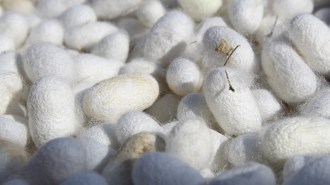 Life
LifeA metal ion bath may make fibers stronger than spider silk
The work is the latest in a decades-long quest to create artificial fibers as strong, lightweight and biodegradable as spider silk.
By Meghan Rosen -
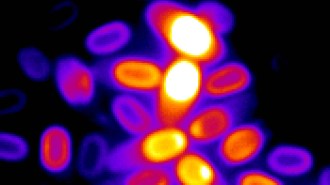 Microbes
MicrobesHow dormant bacteria spores sense when it’s time to come back to life
Bacterial cells shut down and become spores to survive harsh environments. An internal countdown signals when it’s safe for bacteria to revive.
-
 Humans
HumansHere’s where jazz gets its swing
Swing, the feeling of a rhythm in jazz music that compels feet to tap, may arise from near-imperceptible delays in musicians’ timing, a study shows.
By Nikk Ogasa -
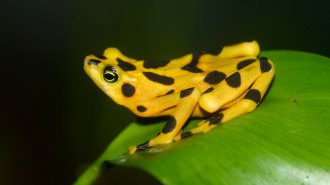 Health & Medicine
Health & MedicineLosing amphibians may be tied to spikes in human malaria cases
Missing frogs, toads and salamanders may have led to more mosquitoes and potentially more malaria transmission, a study in Panama and Costa Rica finds.
-
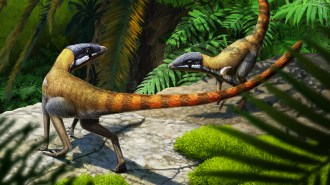 Paleontology
PaleontologyPterosaurs may have evolved from tiny, fast-running reptiles
A mysterious little ground-dwelling reptile unearthed in a Scottish sandstone over 100 years ago turns out to be part of a famous flying family.
-
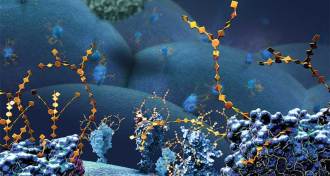 Chemistry
ChemistryA way to snap molecules together like Lego wins 2022 chemistry Nobel
Click chemistry and bioorthogonal chemistry allow scientists to build complex molecules in the lab and in living cells.
By Meghan Rosen and Nikk Ogasa -
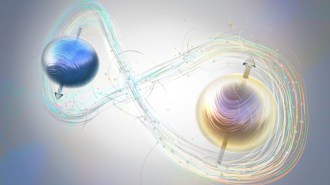 Physics
PhysicsQuantum experiments with entangled photons win the 2022 Nobel Prize in physics
Three pioneers in quantum information science share this year’s Nobel Prize in physics.
-
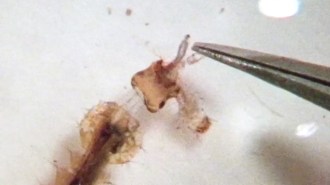 Animals
AnimalsVideo captures young mosquitoes launching their heads to eat other mosquitoes
New high-speed filming gives a first glimpse of mosquito hunting too fast for humans to see.
By Susan Milius -
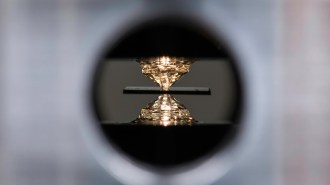 Physics
PhysicsDespite a retraction, a room-temperature superconductor claim isn’t dead yet
A high-profile retraction called a superconductivity result into question. But a new experiment appears to support it.